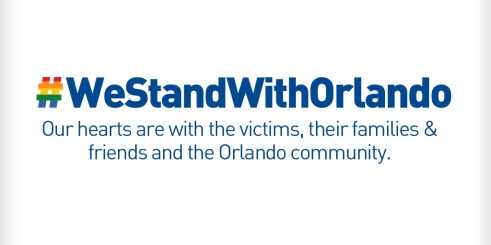Christmas seems to come earlier each year and, with it, controversy. The latest being, of course, Starbucks’ new holiday coffee cups.
Each year during the holidays, Starbucks switches its classic cup design to one with a little more holiday feel. This year, it was a simple two-toned red design with their logo.
And, apparently, some Christians are angry about this.
The “Merry Christmas” versus “Happy Holidays” debate has been around for a long time, and it certainly is a valid one, but how far does this extend? The cups have not had Christian symbols on them in years, if they ever did (and I certainly can’t find evidence for it). They don’t have anti-Christian messages. In fact, this year, they don’t have anything on them at all.
You can view a slideshow of Starbucks’ holiday cups here
People seem to forget two important facts about the entire thing.
First, it has been long-established that Starbucks is not a Christian corporation. They support gay marriage and donate to Planned Parenthood (which you can read about here and here). If you’re going to not support Starbucks, perhaps it should be because it endorses the breakdown of marriage and murdering of babies, not because their coffee cup doesn’t have a Christmas tree.
Second, a company as big as Starbucks is going to appeal to lowest common denominator—what will get them the most money. They are not trying to witness, to spread Christ’s love, or tell the Good News. They are trying to sell coffee.
Something in which they are succeeding tremendously. In fact, a whole movement called #merrychristmasstarbucks centers around buying that coffee in order to protest it. Customers give their name as “Merry Christmas” at the counter, forcing baristas to shout “Merry Christmas” in the store.
The movement was jumpstarted by Joshua Feuerstein, an internet personality who posts short videos about Christianity. You can see the original video here.
Although good in theory, it has one major flaw: people are protesting a company’s product by buying that company’s product. Counterintuitive, to say the least.
It’s also worth noting that Starbucks still does use the term “Christmas” on some of their other products, such as the coffee blend here.
While “taking a stand” against the “un-Christian” coffee cups is well and good, there is a point where it does more harm than good. Because of it, Christians are being perceived as shallow and nitpicky. Movements are only beneficial until they start being counterproductive.
You can view a collection of #merrychristmasstarbucks tweets on my Storify here.
Besides, at the end of the day, whose job is it to spread the love and word of Christ: ours or the corporations’? Perhaps that coffee money would be put to a better use as a donation or gift.
At the end of the day, if you let Christ shine through you, you won’t need a coffee cup to spread the Good News.


